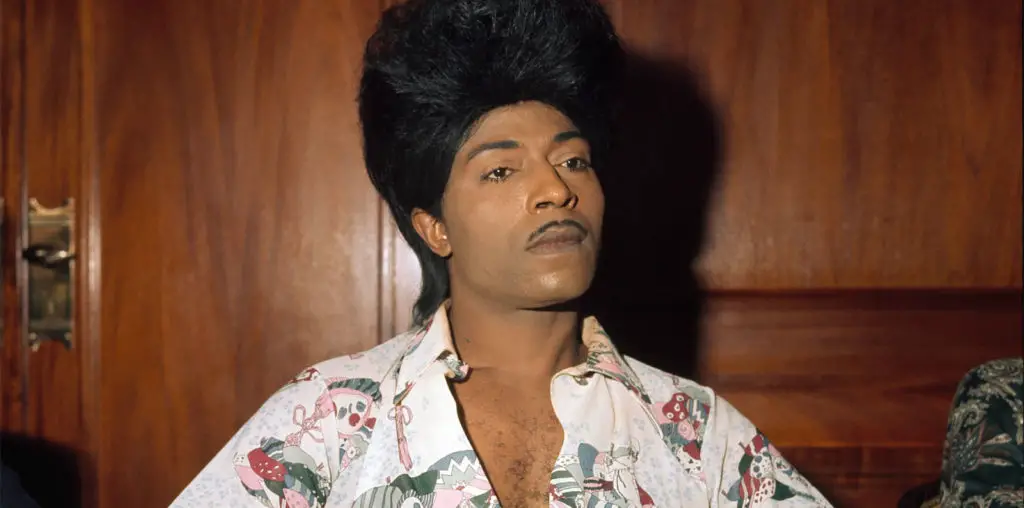
NOW ON VOD! Behold the strange case of the one-hit wonder who is really an indie folk legend in the horizon-expanding documentary Peter Case: A Million Miles Away, directed by Fred Parnes. Peter Case is a musician most widely known for singing the song “A Million Miles Away” while with the Plimsouls. During his desolate childhood outside of Buffalo, NY, Case developed a healthy appetite to be as many miles away from that place as possible.
Peter Case left and played on the streets of San Francisco for money while reading his way through the stacks of City Lights bookstore. He was part of the seminal Bay Area punk band The Nerves, best known for their song “Talkin’ on the Telephone,” which was later recorded by Blondie. When signed by Geffen Records, his new wave act, The Plimsouls, had everything needed to go straight to the top. However, they never made it there. This caused Case to go solo.

“…Case is a musician most widely known for singing the song ‘A Million Miles Away’…”
Peter Case: A Million Miles Away highlights how Case radically changed genres by going neo-folk. He got to open for Jackson Browne’s Lives in the Balance tour. The New York Times declared his self-titled debut the record of the year for 1986. Unfortunately, it did not sell as there wasn’t much distribution for the album. Nor the next one. By the time the third solo album rolled out in 1992, Case finally got what he had wanted for years, which was being released from his major label contract. He proceeded to record an album in a kitchen called Peter Case Sings Like Hell, which he released on his own indie label before Vanguard Records picked it up. Suddenly the sort of folks who would enjoy Peter Case’s music can find it. Suddenly, for the first time in his career, Case started making money off the records he liked recording.
Parnes’ arrangement of the historical footage with the interviews shows that the cure for corporate misery is indie liberation. The depth of obvious disdain the musician had for his time in the majors almost vibrates the screen. Even when he was allowed to create the work he wanted, it would never see the sun. Going indie was the only way to go, and it paid off. A great deal of respect is shown for Case’s song work from his peers, such as Steve Earle and Mitchell Froom. Jim Lee provides some deliciously frank recollections of the Nerves period. One songwriter says Case is the Steinbeck of the folk genre. That comparison helps frame the landscape of the subject’s lyrical world, a throwback to a back alley universe as distinctive as those made by Tom Waits and Nick Cave.

"…shows clearly that the cure for corporate misery is indie liberation."


